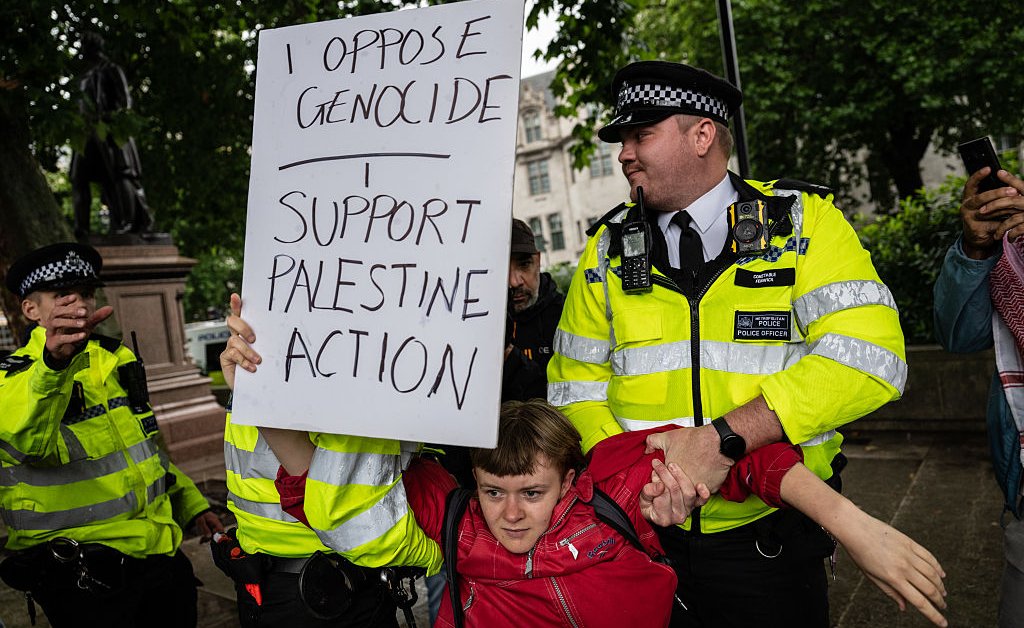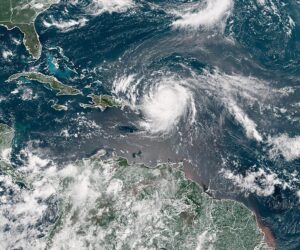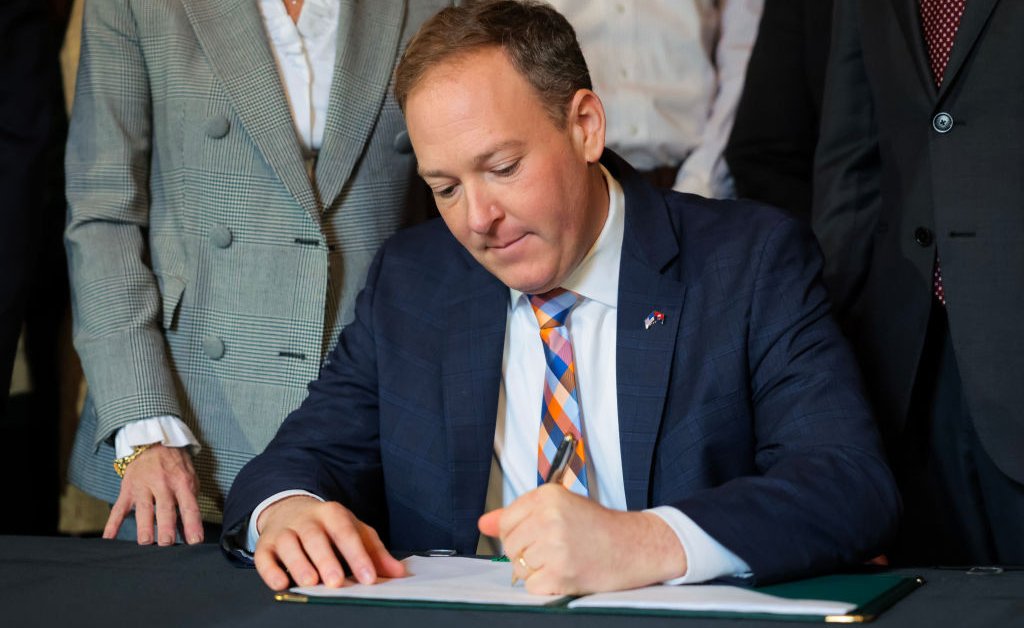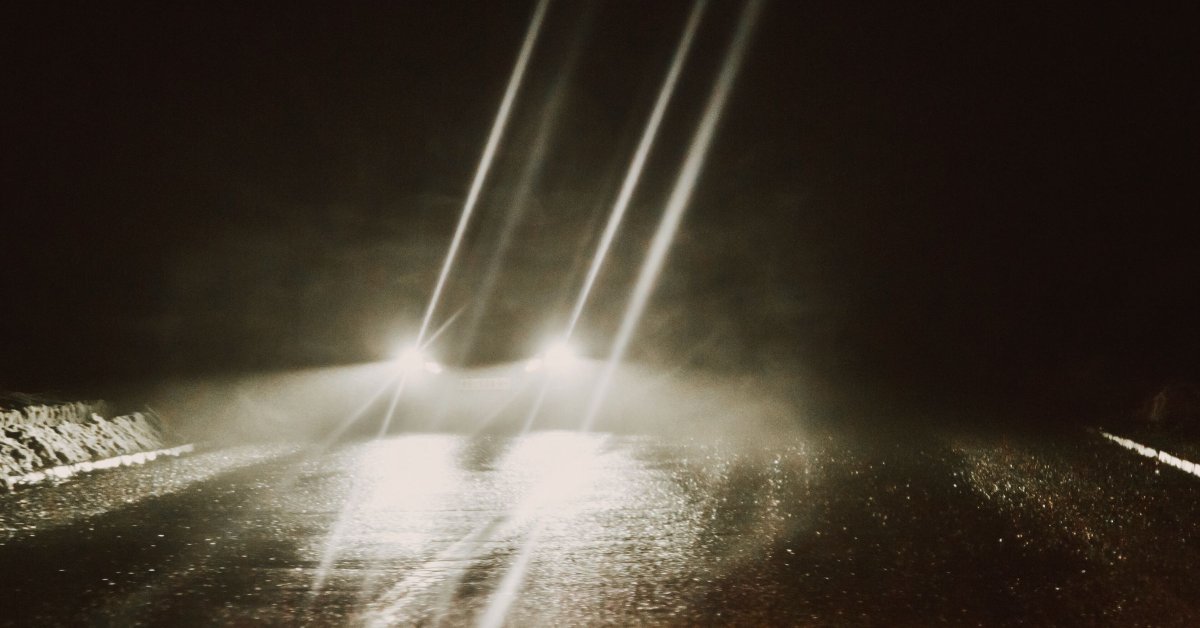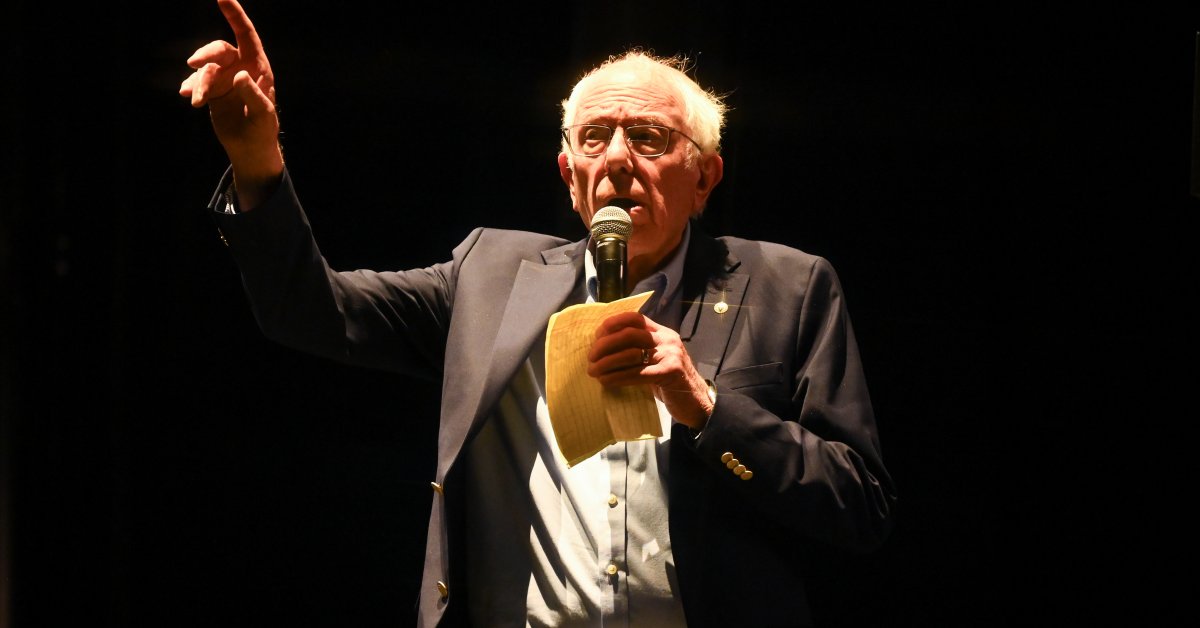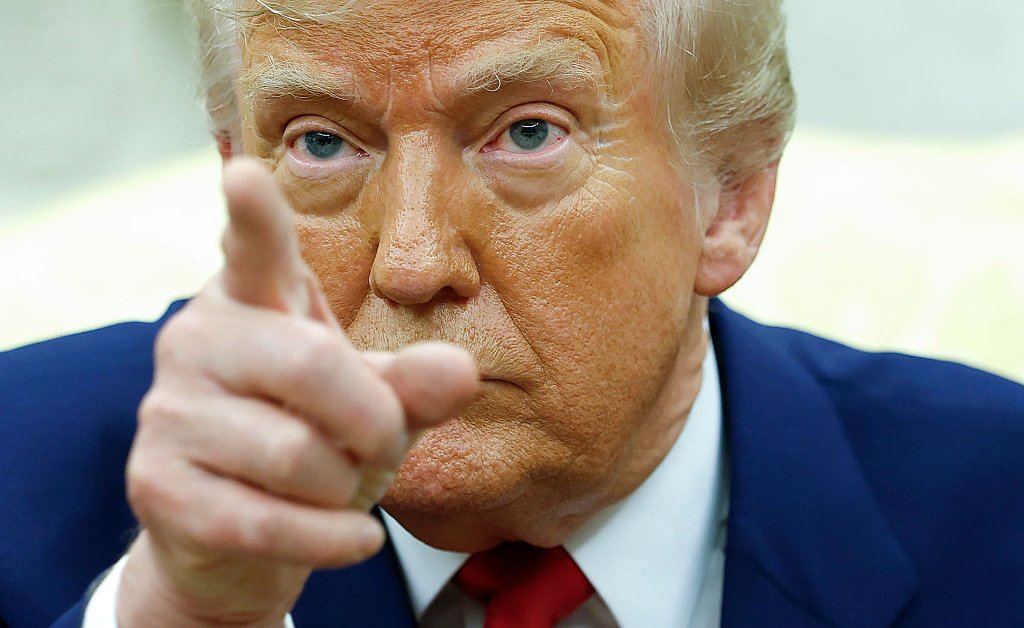The Metropolitan Police have issued a stern warning to anyone planning on attending a Palestine Action protest in London this coming weekend, stating their intention to make mass arrests.
This comes weeks after the British government proscribed the network as a terrorist group, with the decision fiercely contested by the group itself, as well as other organizations including Jewish Voice for Labour and Amnesty International.
“We are aware that the organizers of Saturday’s planned protest are encouraging hundreds of people turn out with the intention of placing a strain on the police and the wider criminal justice system,” the Metropolitan Police said in a statement to TIME. “Our officers will continue to apply the law in relation to Palestine Action as we have done since its proscription. Anyone showing support for the group can expect to be arrested.”
Here is everything you need to know about Palestine Action and the upcoming protest.
What is Palestine Action?
Palestine Action is a network which “takes aim at the infrastructure that sustains the Israeli occupation,” claims co-founder Huda Ammori, who established the group in July 2020.
Its activists mainly target arms manufacturers such as Elbit Systems, which earlier this year signed a contract with the Israeli government worth $275 million.
“We’re very clear that our primary purpose is disruption… the point is not simply to ‘raise awareness’ or put pressure on politicians. We bypass politicians and go straight to the aggressors,” Ammori told The New Left Review in April.
Palestine Action staged break-ins at Elbit sites across the U.K. last year in the city of Bristol, and at a factory in the county of Kent, where around £1 million ($1.33 million) worth of property was reportedly destroyed.
Read More: In Europe, Free Speech Is Under Threat for Pro-Palestine Protesters
What do we know about the upcoming Palestine Action protest?
The protest, which urges the U.K. government to “lift the ban” on Palestine Action, is scheduled to take place in London on August 9, organized by the group Defend Our Juries (DOJ). The group is asking for at least 500 people to commit to attending the protest, holding signs that read: “I oppose genocide. I support Palestine Action.”
“We do not believe it will be practically or politically possible for the police to arrest 500 people for holding cardboard signs against the genocide,” DOJ said in its briefing document for the protest.
More than 20 people were arrested on July 5 during a similar demonstration in central London, in which attendees held signs with the same statement.
Ahead of the upcoming protest, DOJ wrote an open letter to the Metropolitan Police Commissioner, saying: “We would like to alert you to the fact [that] we may be committing offences under the Terrorism Act tomorrow, Saturday 5 July, in Parliament Square at about 1 p.m.”
Some 300 prominent British Jewish figures have also signed a letter, calling on the British government to reverse its designation of Palestine Action as a terrorist group.
“We consider the proscription of Palestine Action as illegitimate and unethical,” the letter reads. “The government should stop deflecting attention from genocide by linking non-violent protest to terrorism.”
Israel has repeatedly denied accusations of genocide.
“Our defence forces target terrorists and never civilians. Hamas is responsible for the suffering in Gaza,” spokesperson David Mencer said, who strongly rejected the accusations of genocide made by two prominent Israeli human rights group on July 28.
Israel is currently under investigation by the International Court of Justice (ICJ) for charges of genocide, first brought forward by South Africa in December 2023 claiming “acts and omissions” by Israel towards Palestinians in Gaza.
Israeli Prime Minister Benjamin Netanyahu and former Defense Minister Yoav Gallant were issued arrest warrants by the International Criminal Court (ICC) in November. They stand accused of committing crimes against humanity and war crimes in Gaza, which Israel has rejected.
When and why did Palestine Action become a proscribed group in the U.K.?
The group was proscribed as a terrorist group under the 2000 Terrorism Act by Home Secretary Yvette Cooper. The decision came into effect on July 5, after members of the group broke into a Royal Air Force base in Oxfordshire on June 20, spray painting two Voyager jets and damaging them with crowbars.
The British Government said that the group “has orchestrated a nationwide campaign of direct criminal action against businesses and institutions” and that it “prepares for, promotes, and encourages terrorism.”
“Proscription will enable law enforcement to effectively disrupt Palestine Action,” the government order read, meaning that support for the group is now deemed a criminal offence punishable by up to 14 years in prison.
Palestine Action was proscribed alongside two groups described as “white-supremacist” movements, the Maniacs Murder Cult and the Russian Imperial Movement.
Amnesty International voiced its concern over the decision regarding Palestine Action, saying: “The U.K. has a deeply flawed and overly broad definition of terrorism which human rights monitors including Amnesty International have been warning about for years. This latest disturbing move only serves to highlight that those warnings were justified.”
United Nations human rights chief Volker Türk also issued a warning about the move, calling it “disproportionate and unnecessary” and urging the British government to reverse its decision and review its counter-terrorism legislation.
Read More: Former IDF Chiefs Call on Israel to End War in Gaza as Netanyahu Claims Starvation Is ‘Hamas Libel’
Are Palestine Action appealing the decision?
Palestine Action filed an appeal to temporarily block the move, which was rejected by a High Court judge. The ruling was then challenged by the group at the Court of Appeals, but this was also rejected, bringing the ban into effect.
On July 30, the same High Court judge who originally blocked the appeal, Justice Chamberlain, then approved Palestine Action co-founder Ammori to legally challenge the government proscription.
“I consider it reasonably arguable that the proscription order amounts to a disproportionate interference with the article 10 and article 11 (European convention of human rights) rights (freedom of expression and assembly, respectively) of the claimant and others,” Chamberlain said.

